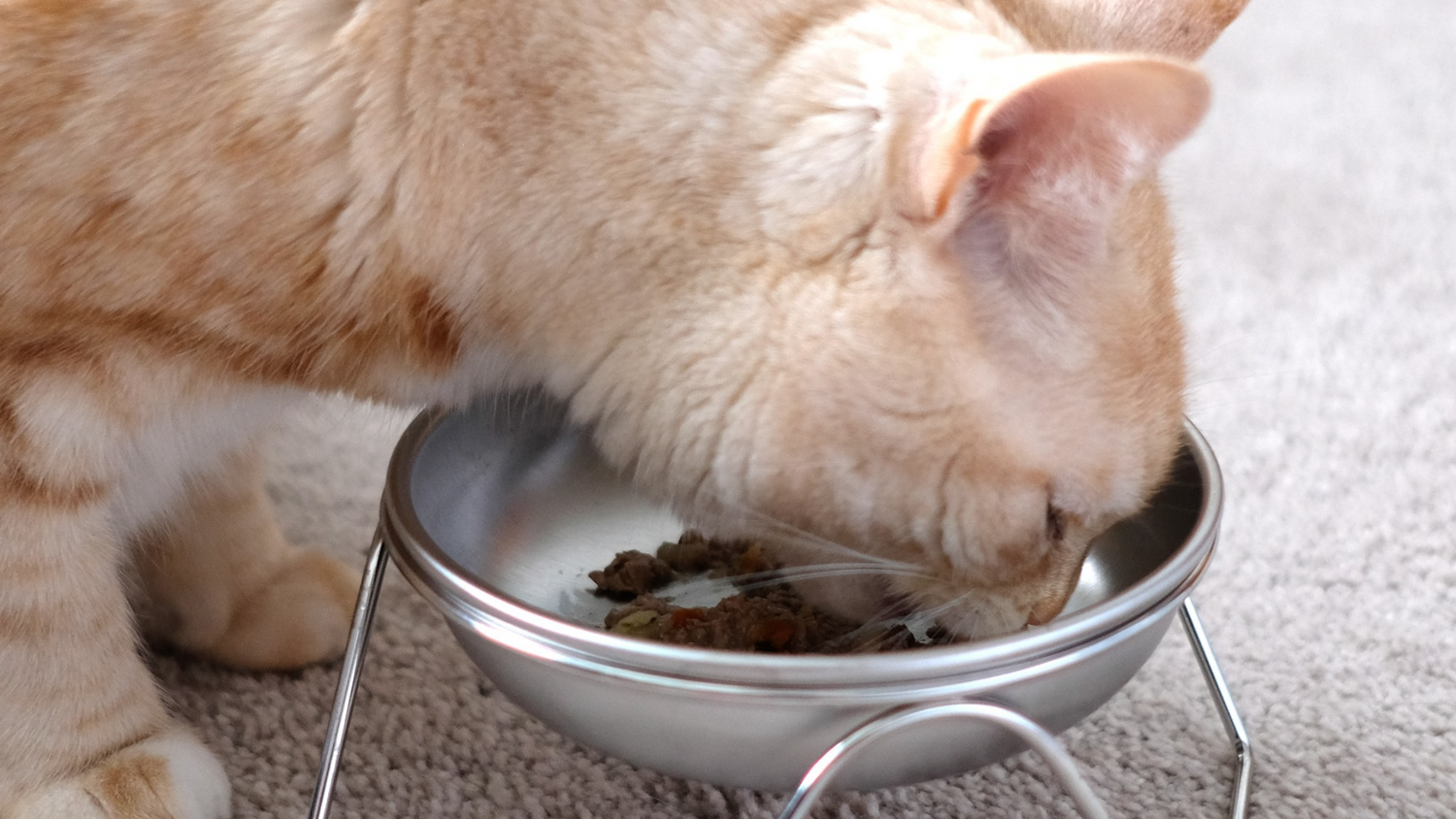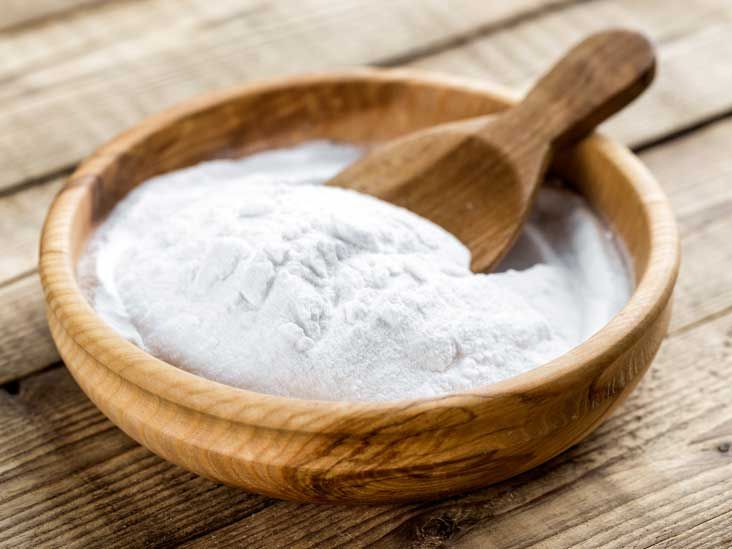When browsing the aisles of your local pet store, you may have come across cat food labels touting the inclusion of carrageenan as a natural binding agent. However, recent controversy has sparked concerns about whether carrageenan is harmful to our feline friends. In this article, we will explore the truth about carrageenan in cat food, weighing its potential risks against its purported benefits.
Table of Contents
What is Carrageenan?
Carrageenan is a natural additive derived from red seaweed. It has been used for centuries in a variety of food and pharmaceutical products due to its thickening and stabilizing properties. In the pet food industry, carrageenan is often used as a gelling agent to improve the texture and palatability of wet cat food.
The Controversy
Despite its widespread use, carrageenan has come under scrutiny in recent years. Some studies have suggested that carrageenan may have potential negative effects on digestive health, including inflammation and gastrointestinal lesions. These concerns have prompted pet owners and advocacy groups to question whether carrageenan should have a place in commercially available cat food.
Harmful Effects of Carrageenan
Research has indicated that certain forms of carrageenan, particularly degraded carrageenan, may pose a risk to digestive health. Studies conducted in animal models have shown that exposure to degraded carrageenan can lead to intestinal ulcerations and a heightened immune response, potentially contributing to chronic inflammation and other gastrointestinal issues.
Benefits of Carrageenan
On the other hand, proponents of carrageenan argue that the form used in food products is undegraded carrageenan, which has been deemed safe for consumption. Furthermore, carrageenan is valued for its natural origins and ability to enhance the overall quality of cat food by ensuring a desirable texture and mouthfeel.
Expert Opinions
According to the U.S. Food and Drug Administration (FDA) and the Joint Food and Agriculture Organization/World Health Organization Expert Committee on Food Additives (JECFA), undegraded carrageenan is considered safe for use in food products, including pet food. These regulatory bodies have established acceptable daily intake levels for carrageenan, further supporting its safety profile.
Conclusion: The Verdict on Carrageenan
After weighing the evidence, it is evident that the debate surrounding carrageenan in cat food is complex. While some studies raise potential concerns about its impact on digestive health, regulatory agencies and industry experts maintain that undegraded carrageenan is safe for consumption. As a pet owner, it is essential to stay informed and consult with your veterinarian to make the best decisions for your cat’s nutritional needs.
Frequently Asked Questions
1. Is carrageenan safe for cats?
Undegraded carrageenan, the form used in cat food, is considered safe for consumption by regulatory agencies such as the FDA and JECFA.
2. What should I look for on cat food labels?
If you have concerns about carrageenan, look for cat food options that do not contain this ingredient. There are many carrageenan-free options available on the market.
3. Can carrageenan be replaced with alternative ingredients?
Yes, there are natural alternatives to carrageenan, such as guar gum and xanthan gum, that can be used as binding agents in cat food.
4. Should I consult my veterinarian about carrageenan in my cat’s diet?
It is always a good idea to discuss any concerns about your cat’s diet with a veterinarian, who can provide personalized recommendations based on your cat’s individual health needs.
Final Thoughts
While the controversy surrounding carrageenan in cat food persists, it is important for pet owners to make informed decisions based on available evidence and expert opinions. Ultimately, the choice of whether to include carrageenan in your cat’s diet is a personal one, and should be made in consultation with professionals who have your cat’s best interests at heart.








